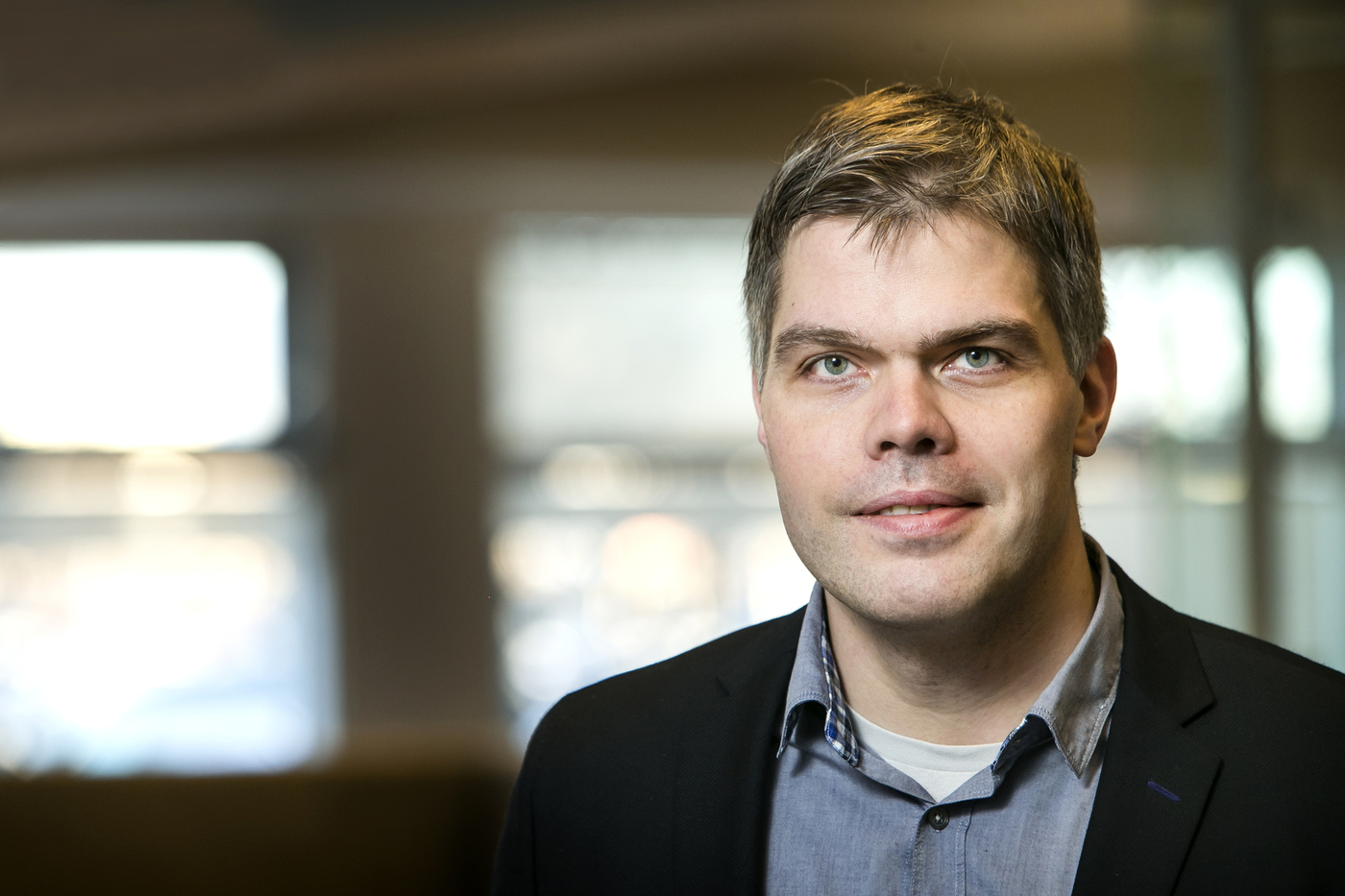It is possible to use artificial intelligence techniques to estimate age, based on magnetic resonance imaging of the brain. It is then possible to explore whether age as estimated from the brain, so-called brain age, deviates from a person's actual age and thereby measure the effects of diseases on the brain or how the brain is involved in a disease. Worse performance in cognitive tests, certain genetic variations and brain disorders such as schizophrenia are linked to high brain age. This was revealed in the findings of a new research project by scientists at deCODE genetics and the University of Iceland, as published by the journal Nature Communications on 27 November.
As we age, our brains undergo various changes. For example, there is a reduction in the volume of grey matter, which is believed to be the main site of processing and thought. Using artificial intelligence, it is possible to find patterns in images of the brain and use these to predict age. If a magnetic resonance image shows a brain age of 35, but the person is actually 30 years old, we can say that there is a discrepancy of 5 years.
This is the research of Magnús Örn Úlfarsson, professor at the University of Iceland Faculty of Electrical and Computer Engineering, and Benedikt Atli Jónsson, an electrical and computer engineer at deCODE genetics, conducted on deCODE genetics premises. Benedikt wrote a Master's thesis on the topic at the University of Iceland Faculty of Electrical and Computer Engineering, supervised by Magnús Örn and Lotta M. Ellingsen, a senior lecturer at the Faculty.

This is the research of Magnús Örn Úlfarsson, professor at the University of Iceland Faculty of Electrical and Computer Engineering, and Benedikt Atli Jónsson, an electrical and computer engineer at deCODE genetics, conducted on deCODE genetics premises. Benedikt wrote a Master's thesis on the topic at the University of Iceland Faculty of Electrical and Computer Engineering, supervised by Magnús Örn and Lotta M. Ellingsen, a senior lecturer at the Faculty.
Magnús Örn, who led the research and is the last author, says that the use of artificial intelligence to explore the links between genetics and brain activity are extremely exciting and that this new method opens a range of new opportunities. "Up to this point, research into brain age has generally focused on the impact of environmental factors, but the idea behind this research was to look in particular at the impact of genetics on brain age. The findings confirm for the first time the link between genetic variations called MAPT and KCNK2 and brain age."




